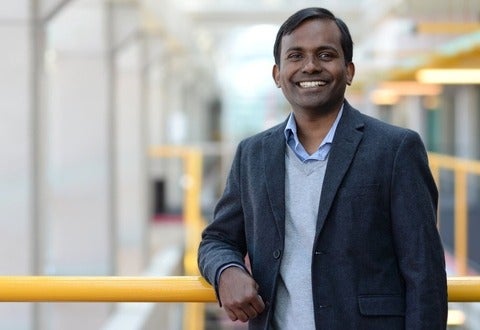Waterloo Black takes second place at 2021 ICPC North America Division Championships
Two teams from the University of Waterloo, each with a triad of exceptional programmers, competed virtually on April 22, 2021 at the East Division of the 2021 International Collegiate Programming Contest’s North America Division Championships.






